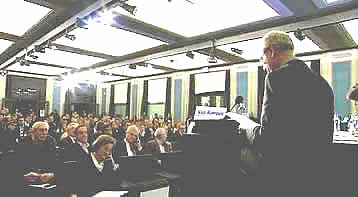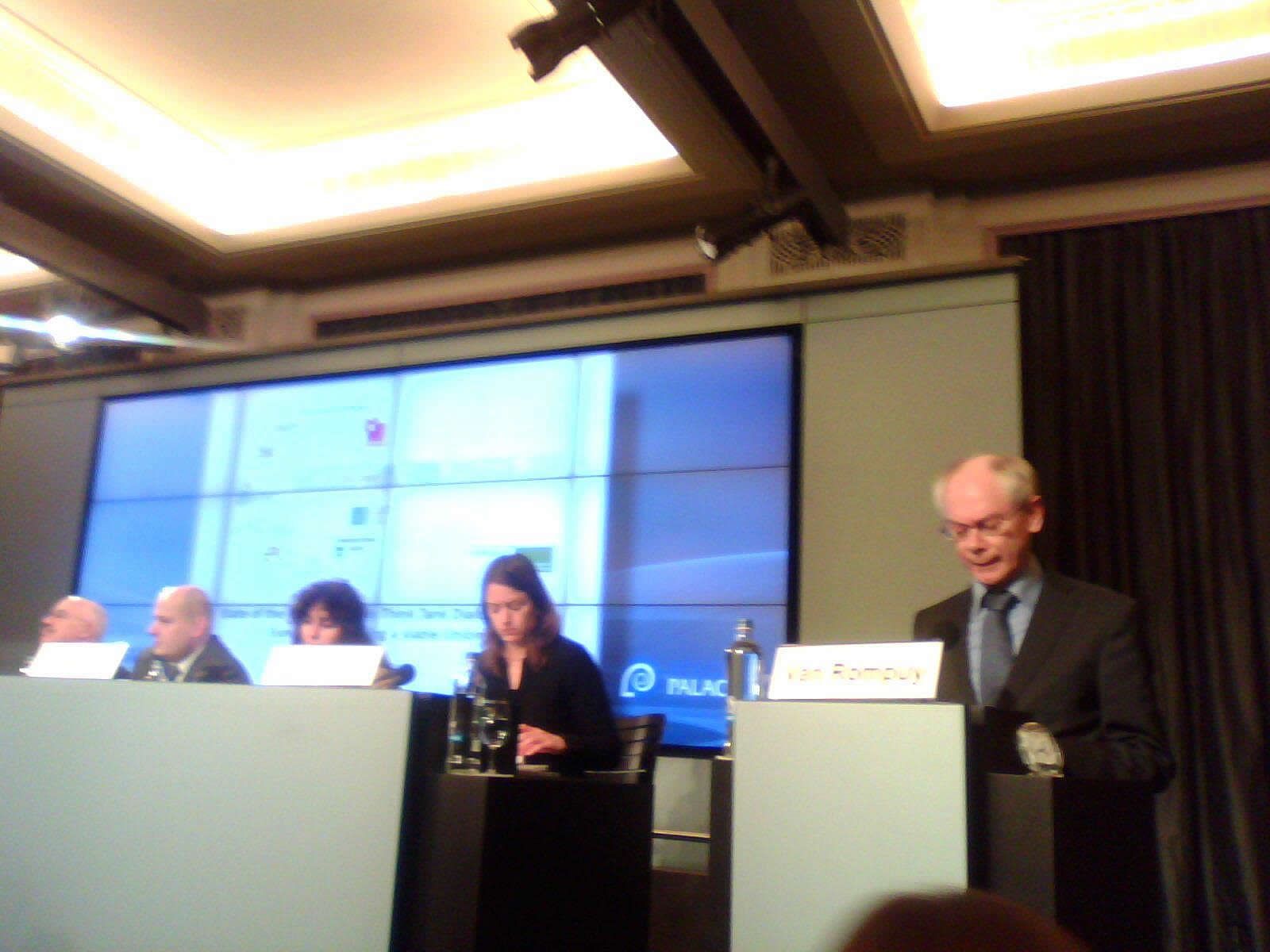
The second Brussels think tank dialogue on 25 January 2011: Over the last year, the economic crisis has reached new heights, rocking the European Union and its
member states to the core. The need to implement tough austerity measures will redefine
political priorities and force EU leaders to select those policy decisions that are the most
effective in terms of strengthening the role of the Union on the international scene and living up
to the expectations of its citizens. With a view to contribute to the process of setting Europe’s future agenda and after the successful kick-off of the Think Tank Dialogue series in January 2010, ten leading Brussels-based think tanks have again joined forces to host the second annual Brussels Think Tank Dialogue, which addressed the immediate priorities on the EU’s agenda as well as the overall strategic direction of European policy-making. |

